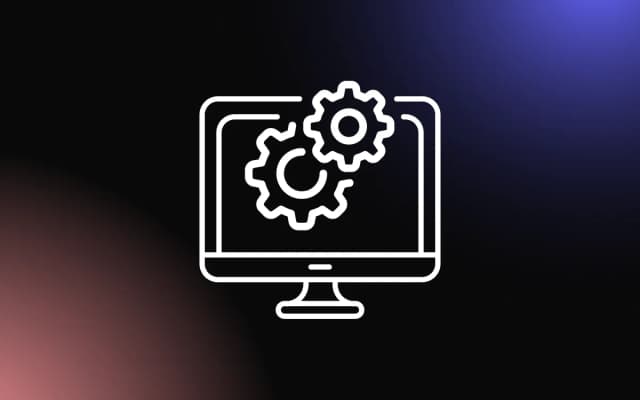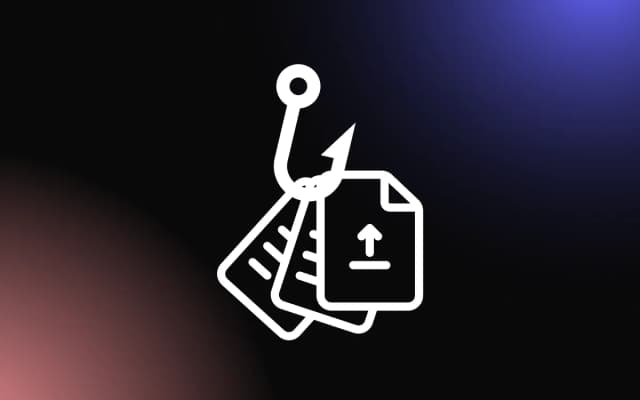
Knowledge of web development is one of the most common skills employers are looking for today. No matter what industry you work in, having some kind of programming knowledge is incredibly beneficial. Luckily, there are a plethora of resources for learning these skills like online courses and tutorials. These can teach you both basic and advanced concepts of different programming languages, as well as web development as a whole.
But, while these online resources are extremely beneficial, nothing beats having a high-quality, tangible copy of the right book. Even with all the technological advancements of the modern era, many people still prefer having a physical book they can read at any time. With so many books available on this topic, however, it can be difficult to tell which will be most helpful.
Below, we’ll highlight some of the best books for web developers to check out in order to expand their knowledge, jumpstart a new career, or improve their current web development business. With the right book on hand, there’s no limit to the expertise you can attain!
Learn To Develop Apps Better Through Practice — On Common Ninja’s Developer Platform
The Best Books for Web Developers
Although hands-on education is immensely beneficial, a good web developer never discounts the impact a good book can have. Whether you’re just starting out with web development or you’re a seasoned, professional programmer, there are a plethora of books that can help you sharpen your skills.
While many books focus on one or two specific programming languages, reading a book that focuses on general concepts, job hunting, or changing your mindset can be more beneficial, especially for newbie developers.
Now, let’s take a look at seven books we believe to be the best reads for both beginner and experienced web developers alike. We will discuss what each book covers and who specifically can benefit from reading them.
Don’t Make Me Think, Revisited by Steve Krug
Steve Krug published the original Don’t Make Me Think in 2000, but has since updated it with modern examples, such as mobile usability, in Don’t Make Me Think, Revisited.
This is one of the most loved and recommended books on web development. Krug is a highly sought-after usability consultant and speaker, with over 30 years of experience in the industry. He has a way of making the topic of web development surprisingly entertaining, using a light, witty writing style and illustrations throughout this short novel.
If you’re looking to understand the principles of intuitive navigation and design, this is one book you don’t want to skip. It’s an incredibly practical guide that will help you understand self-evident, self-explanatory web design that stands the test of time.
How to Get a Job in Web Development by RealTough Candy
If you’re just starting out in the professional web development world, reading RealTough Candy’s book How to Get a Job in Web Development is an excellent first step to take. This book will teach you how to expertly craft the various materials you’ll need to apply for jobs in this industry, including the following:
- Resume
- Portfolio
- Cover letter
- GitHub page
By the time you finish reading, you’ll have learned the practical strategies that put you ahead of your competitors while applying for jobs. These include leveraging social media to your advantage, preparing for interviews, and prioritizing interviews or job offers to find your perfect fit.
Web Security for Developers: Real Threats, Practical Defense by Malcolm McDonald
Web security can be tricky to master, but cyberattacks are a real threat. Developers need to know how to take steps to prevent them, as well as how to manage when the unexpected occurs. In Web Security for Developers, Malcolm McDonald covers the common ways websites are targeted by hackers, as well as how you can defend yourself against these attacks.
This book is especially helpful for newbie developers, who are often discouraged and frustrated by the difficulties that properly securing websites can pose. Each chapter breaks down different vulnerabilities and teaches you strategies for mitigating things from hacked user accounts to major information leaks.
The Clean Coder: A Code of Conduct for Professional Programmers by Robert Martin
The Clean Coder highlights the best tools, techniques, and practices for crafting the highest-quality software possible. In this book, Robert Martin gives developers practical advice on dealing with all aspects of coding, as well as things like avoiding burnout and defeating writer’s block.
The Clean Coder is especially helpful for those looking to start a job in the web development industry. It teaches you how to properly manage your time, as well as the right times to say “yes” or “no” while discussing a particular project. If you’re looking to become a truly professional developer with a commitment to your craft, this is the book for you.
Think Like a Programmer: An Introduction to Creative Problem Solving by V. Anton Spraul
Think Like a Programmer will teach you techniques for thinking like the successful programmer you want to become. In this book, V. Anton Spraul breaks down the various ways web developers approach and solve various problems, with each chapter focusing on a single concept to make things as easy as possible.
While the book’s examples are written in C++, the concepts can be applied to whatever programming language you work with. After reading Think Like a Programmer, you’ll be familiar with some of the most advanced programming tools and be able to professionally organize your thoughts and develop strategies to solve even the most complex of problems.
The Self-Taught Programmer: The Definitive Guide to Programming Professionally by Cory Althoff
In The Self-Taught Programmer, Cory Althoff recounts his own experience with his first job as a professional software engineer, sharing his journey to help you along yours. This is a great first book to read if you’re just learning how to program, or if you’re finally venturing into the professional web development industry.
As you read, you’ll learn to write your first Python program using the best coding practices. You will also earn the key knowledge you’ll need to nail your first interview for a web development position, and read through some tips to help you start working with a professional development team. This is all done through learning the tools and fundamentals of coding and computer science, making you a well-rounded programmer before your first interview.
Visual Studio Code: End-to-End Editing and Debugging Tools for Web Developers by Bruce Johnson
Visual Studio Code is one of the most popular cross-compatible source code editors for web developers. In Visual Studio Code: End-to-End Editing and Debugging Tools for Web Developers, Bruce Johnson covers all this editor’s essential components to help both new and experienced developers alike understand and use it better.
Readers will learn about Visual Studio Code’s functionality, as well as its editing and integration features. The information you’ll find is incredibly detailed, yet easy enough for developers of any skill or knowledge level to follow.
Read, Learn and Become a Better Web Developer
There are tons of books available to help web developers with different goals, whether that means improving your skills, finding a great job as a programmer, or creating a better independent web development business. Consider all the books listed above, and more specifically, look for books that speak to your specific goals, whatever those may be.



